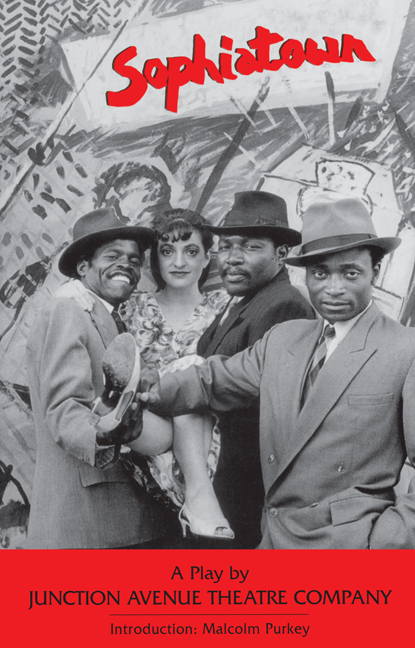Sophiatown - The Place
Published online by Cambridge University Press: 04 June 2019
Summary
We called it Kofifi. We didn't want to use that word of Sophia. We just wanted our own name.
- George Kort Boy Mbanlweni one-time leader of the American GangFinally, it was about people living together, robbing each other, killing each other, giving birth to others and creating ordinarily a society that one would find in America, perhaps in Canada, where a new frontier was being raised; Sophiatown was that, it was preparing the people for a new frontier. And then it was just wiped out.
- Don Mattera, poet, journalist and former gangsterIn 1897 an investor named Herman Tobiansky bought 237 acres of land four and a half miles (about seven kilometres) west of Johannesburg intending to develop an attractive white suburb on the site. He named the suburb after his wife, Sophia and the streets after his children. The Johannesburg Town Council, however, successfully destroyed Tobiansky's dream when they decided to build sewerage disposal facilities in an area next to the township and whites lost interest in buying property there.
Though the Sophiatown Tobiansky had dreamed of was not to be, in its place grew another Sophiatown - a colourful, vibrant, violent and sometimes sordid place that was to become both a name linked with a flourishing period of creativity in writing, music and politics, and a powerful metaphor for the destruction brought about by the Nationalist Government's policy of ‘separate development’.
The Council itself began to develop property to the west of Johannesburg. Its first move was to build a new municipal location for three thousand families which was called Western Native Township. Now Tobiansky5s Sophiatown was surrounded by a ‘non-European' area and Tobiansky began to sell plots in the township to blacks, coloureds and Indians.
What made Sophiatown so special was the freedom of spirit amongst the people who lived there. They didn't feel constrained by any boundaries and it showed in their easygoing lifestyle. There was a great mixture of people passing through because of the freedom of mobility. One never had a sense of being cramped. It was a place where people could express themselves more freely than in any other place. Sophiatown had structures, it was never a shanty town.
- Type
- Chapter
- Information
- SophiatownA PLAY CREATED BY JUNCTION AVENUE THEATRE COMPANY, pp. iv - xPublisher: Wits University PressPrint publication year: 1993



